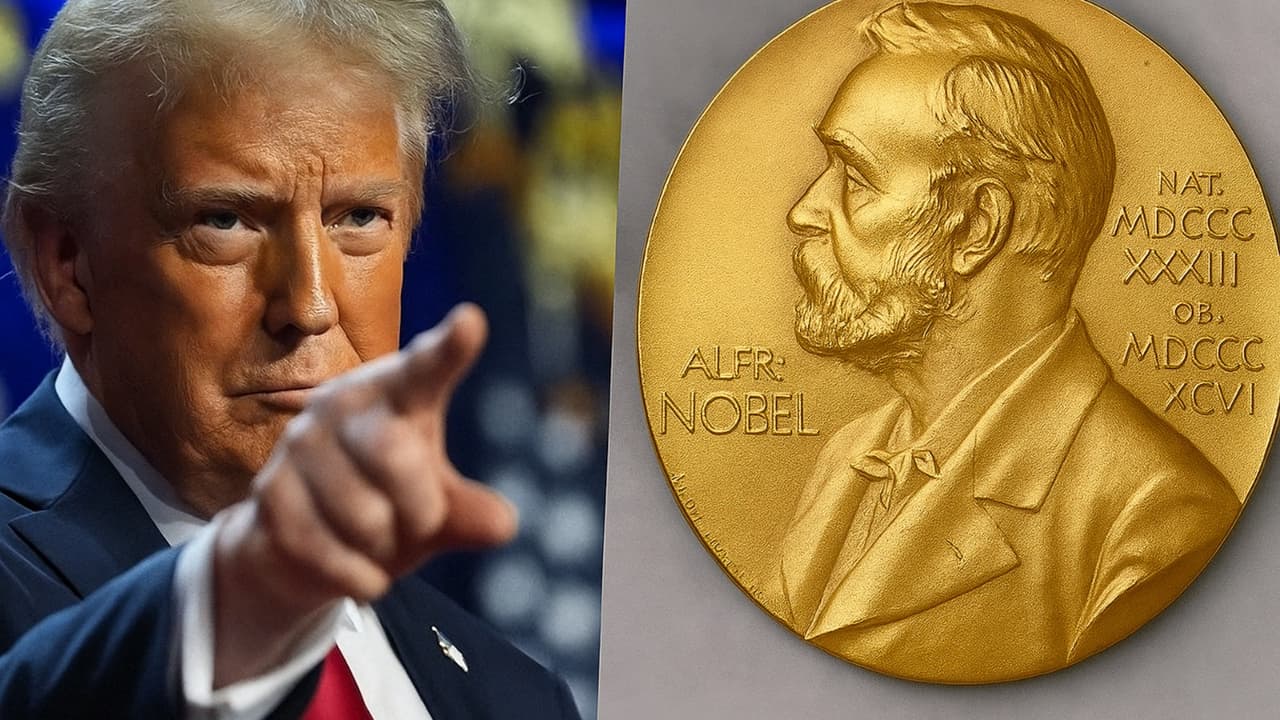Trump’s push for Ukraine peace deal, reportedly giving Putin Donetsk in exchange for false promises, risks repeating past betrayals like the Budapest Memorandum. Analysts warn his Nobel Prize ambition may undermine Ukraine’s sovereignty and security.
Trump said the burden is now on Ukraine to make the deal. European leaders told reporters that, in talks with them, Trump said Putin demanded control of all of Donetsk, which would force Ukraine to give up its main defense line in the east.
White House leaks to friendly media, as reported by WSJ, suggest Putin promised that if he gets Donetsk, he will stop his assault and not invade other countries. No wonder Russian commentators and Putin’s allies were celebrating the summit’s outcome. Their leader ended his isolation in the West, gave no public concessions, and can still continue killing Ukrainians without more sanctions.
Putin’s promises are worse than worthless. He has broken promise after promise to Ukraine and the West, including the 1994 Budapest Memorandum that guaranteed Ukraine’s safety and the Minsk agreements. He wants Donetsk to win through talks what he could not win on the battlefield. This would also make it easier to grab more land in the future whenever he or his successor decide to attack again.
The 1994 Budapest Memorandum was a security agreement signed by Ukraine, Russia, the United States, and the United Kingdom. In it, Ukraine gave up its large stock of nuclear weapons inherited from the Soviet Union. In return, the other countries promised to respect Ukraine’s independence, sovereignty, and existing borders, and not to use force or threats against it. Russia’s later actions in Crimea and eastern Ukraine violated this agreement.
The Minsk agreements were peace deals signed in 2014 and 2015 to end fighting between Ukraine’s forces and Russian-backed separatists in the Donetsk and Luhansk regions. They called for a ceasefire, withdrawal of heavy weapons, prisoner exchanges, and political reforms to give more autonomy to these areas. However, the agreements were never fully implemented, as both sides accused each other of breaking the terms, and the conflict continued.
The silver lining is that European leaders say Trump told them Putin agreed to accept “security guarantees” for Ukraine. The idea is that the U.S. might be one of those guarantors, even if not through NATO. But Trump gave no details.
For security guarantees to be effective, they would need foreign troops in Ukraine, allow Kyiv to strengthen its military and arms industry, and require the U.S. to provide intelligence and air power to support ground forces. But it is unclear if Trump or Putin would agree to this, and without strong U.S. involvement, European leaders may hesitate to send troops.
The Europeans and Ukraine still have leverage. Trump would face a huge political cost if he abandons Ukraine or accepts Putin’s terms. He may claim this is Biden’s war, not his, but the truth is that what happens now will be judged under his leadership. A Ukrainian defeat would affect his Presidency at home and around the world.
Trump has made peacemaking a major theme of his second term, and it is an admirable goal. But the key question is always: peace at what price? Clever rivals like Putin and China’s Xi Jinping can exploit his desire for a Nobel Peace Prize to gain bigger strategic advantages.
With his military strike on Iran’s nuclear facilities, Trump started to rebuild U.S. deterrence that Obama and Biden lost in Afghanistan, Ukraine, and the Middle East. What Trump does next in Ukraine will decide if he strengthens that success or gives it away for a questionable promise of “peace in our time.”
(Girish Linganna is an award-winning science communicator and a Defence, Aerospace &. Geopolitical Analyst. He is the Managing Director of ADD Engineering Components India Pvt. Ltd., a subsidiary of ADD Engineering GmbH, Germany. Contact: [email protected])
Disclaimer: The opinions expressed are solely those of the author and do not reflect the views or stance of the organization. The organization assumes no responsibility for the content shared.
